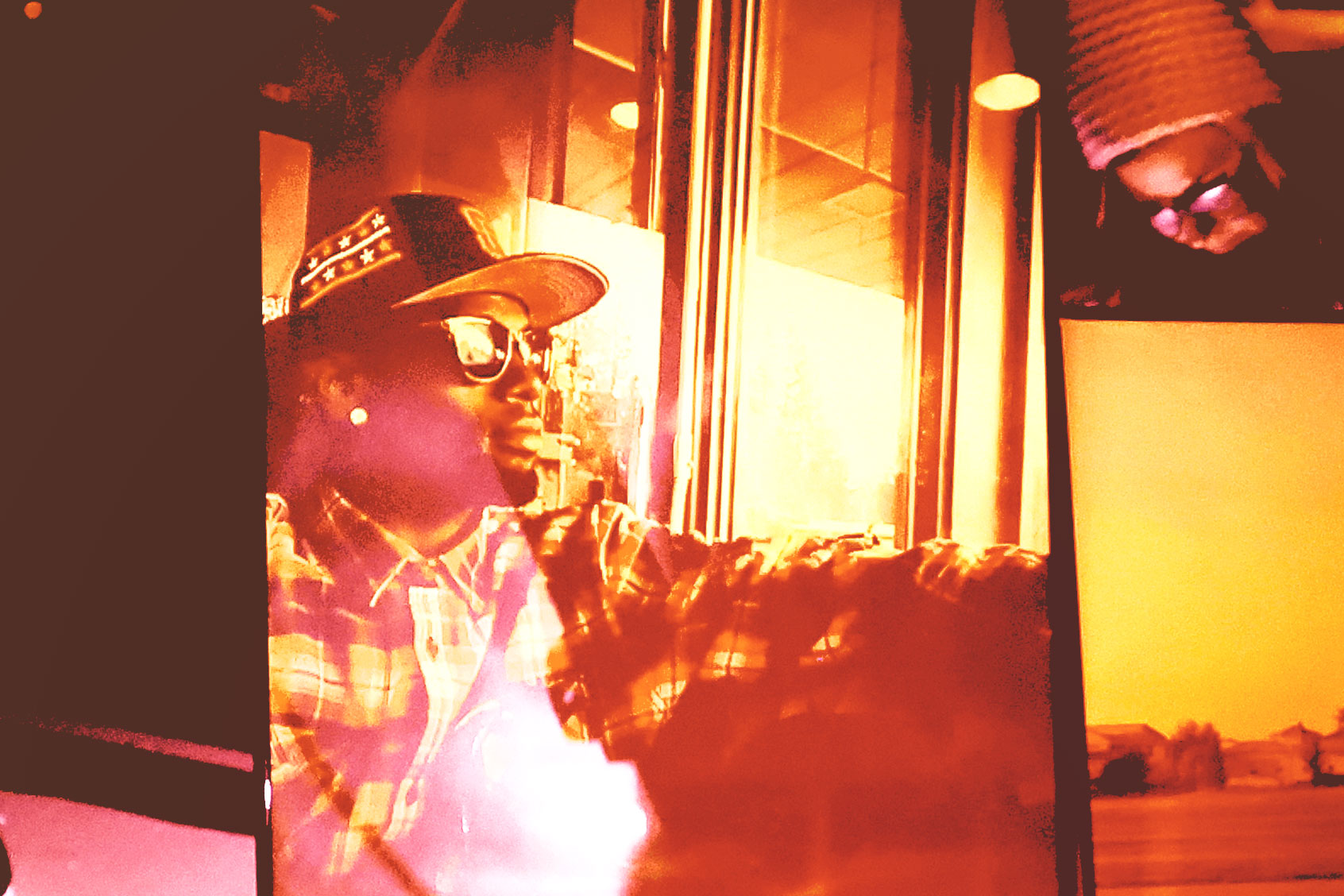It’s been more than a week since the Memphis Police Department released bodycam footage of Tyre Nichols’ fatal encounter with law enforcement on the night Jan. 7. Police Chief Cerelyn “C.J.” Davis cautioned beforehand that the video would stir anger. Indeed it did. Even as some refused to watch yet another wrenching display of Black grief, protests broke out across the country and have spurred conversations not just about ongoing police brutality, but also about the nature of institutional or organizational racism — regardless of the identity of the perpetrator — and about anti-Black sentiment among Black people themselves.
Those are important discussions, and ones that we desperately need to make headway on. But I’m struck by the silence around the issue of masculinity, specifically Black masculinity. The #MeToo movement cracked open space to talk more directly about “toxic masculinity” or the behaviors and attitudes associated with a strand of masculinity that valorizes aggression and dominance over others, particularly those deemed weak or inferior. The problem is that it’s abusive, can be deadly and is damaging to all parties involved, including the aggressor.
Still, Black masculinity is different. The lessons that little Black boys learn about being tough, conquering others and inhibiting their emotions all too often bleed into their sense of racial identity. The pressure to live up to stereotypes about Black men is greater for little Black boys because they have fewer options than their counterparts. In other words, we might extend Black feminist scholar Patricia Hill Collins’ remarks about the “controlling images” that dehumanize Black women and justify their mistreatment — such as the mammy figure or the promiscuous Jezebel — to Black boys and men.
The Open Society produced a report detailing that Black men are most likely to be associated with crime and poverty, and that these media representations affect how they are treated by others, including the police. Perhaps that group of Black officers unleashed their violent rage on a young man they perceived as as the embodiment of those negative depictions.
But people have been left to wonder how Black men could treat another Black man that way: Didn’t they know that those stereotypes are just that, stereotypes that dehumanize and diminish? Haven’t they themselves been subject to them? They most likely have, perhaps at the hands of other Black boys and men when they were younger — who taught them to pound on other Black people who threaten the ideal of masculinity they are striving to embody themselves.
After all, the five police officers who were fired and charged with second-degree murder — a sixth officer, who is white, was later fired but has not been charged — were not just Black men in positions of power and authority over Tyre Nichols. They also literally towered above him: All were physically much larger than Nichols, whom CNN’s Van Jones described as a “145-pound skateboarder.” He loved photographing sunsets, and was close to his mother — who he called out for on the night he was brutally attacked. A slender man on a skateboard, camera in hand, is not the stereotypical image of the strong Black man.
Want a daily wrap-up of all the news and commentary Salon has to offer? Subscribe to our morning newsletter, Crash Course.
When I first saw his image and then those of the officers, I immediately thought about the pain and bullying that Black men and boys endure at the hands of other Black men. In school, when they do not properly perform Black masculinity, they get teased, bullied and sometimes literally stomped. Their Blackness is questioned, along with their sexuality and manhood. This abuse and harassment — a form of racialized gender punishment — can continue into adulthood. I wonder how many times those officers called Nichols that word that boys and men are called when they are seen as too soft, too feminine, or as somehow otherwise failing at manhood.
When I first saw the image of Tyre Nichols and those of the officers, I thought about the pain and bullying that Black men and boys endure at the hands of other Black men.
I’m not suggesting that Tyre Nichols was gay — I do not know one way or another, and that’s not the point. What I am saying is that homophobia is often lurking, not far below the surface, when boys and men viciously attack other boys and men. And I’m saying that we need to have more conversations about the experiences of Black boys and men who do not fit stereotypical images of Black masculinity, and encourage them to share those experiences.
We don’t hear enough about the lives of Black girls and women, but we hear even less from boys and men, especially those who do not conform to the limited expectations society seems to have for them. One of the obstacles is that speaking up and sharing are gendered as feminine, so that doing so can lead to greater teasing and isolation.
There’s still a lot to piece together about the night Tyre Nichols was pulled over for that traffic stop and the days following, leading up to his death. That shouldn’t keep us from having a conversation about Black masculinity, one that is perhaps even more challenging than the one we’re struggling to have about institutional racism and Black self-hatred.

